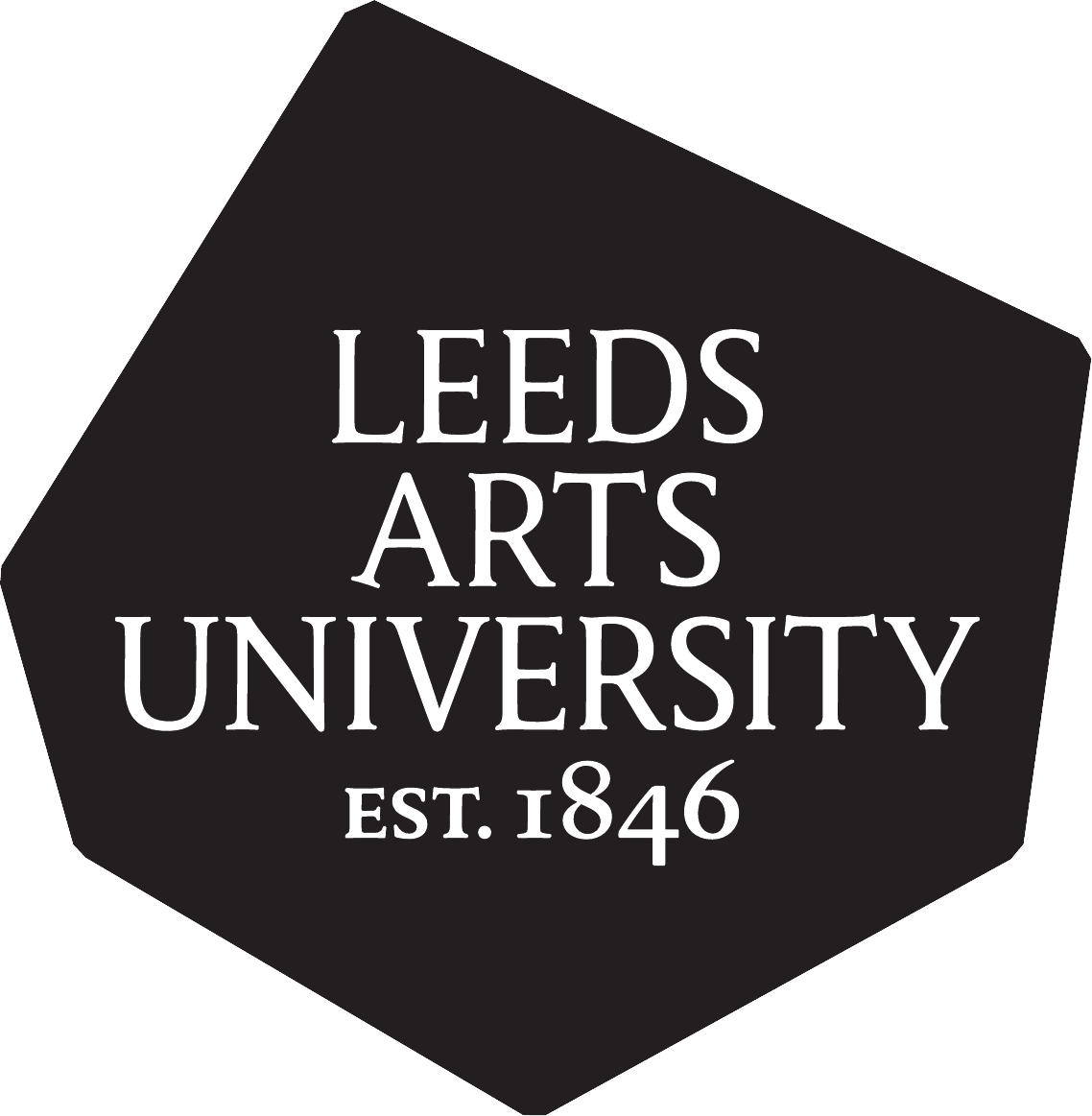‘Their defining moments: narratives of critical incidents and key influences that prompted progression into post compulsory education in the arts’
Baines, Martell 
Abstract
The ontological position of this study focuses upon prevalent inequalities of access into post compulsory education. How individuals’ who may be experiencing multiple factors of disadvantage can surmount barriers that limit their upward social mobility. Access, participation and success through post compulsory education into secure employment is considered the solution. This thesis argues that it is necessary to consider how the home context, location, health, welfare and financial security of an individual and their family are highly influential factors. The literature review identifies key texts from a number of perspectives; including education, philosophy, psychology and sociology. The review of the canon of literature addresses the question whether education can, or cannot, compensate for society or achieve it in isolation of other agencies interventions. (Bernstein, 1970. Gorard, 2010. Coffield and Willliamson, 2011). The research question underpinned by the key literature subsequently becomes: ‘Can widening participation (WP) interventions begin to compensate for society and education?’ The research design is within the context of an Arts specialist institution. It provides a lens on progression into a subject that is experiencing systemic marginalisation within the curriculum. An interpretivist, dialectical and hermeneutical approach is taken. The case studies bring together authentic accounts of lived experiences. The hermeneutical analysis then occurs at several levels; the students’ own accounts, the researcher’s transcription and analysis of their stories and the reader’s interpretation on reading the research. The epistemological position taken is pragmatic, logical and rational; giving an interpretation of what is real, in the context of society, education and the arts. The research population are highly engaged students who have contributed high levels of studentship beyond their course, demonstrated by employment as Progression Student Ambassadors, Student Union activism or work experience through extra-curricular commissions. The narratives identify participants’ ‘critical incidences’, gathering personal stories of recalled experiences. The limitations of the study is its time constraints, the sample size and a single subject field, however the qualitative findings are transferable across the whole education field. Impact of this practitioner-research is occurring at many levels; personally, professionally, upon the WP team, the institution and informing a wider community of WP practitioners.
Actions (login required)
 |
Edit Item |

